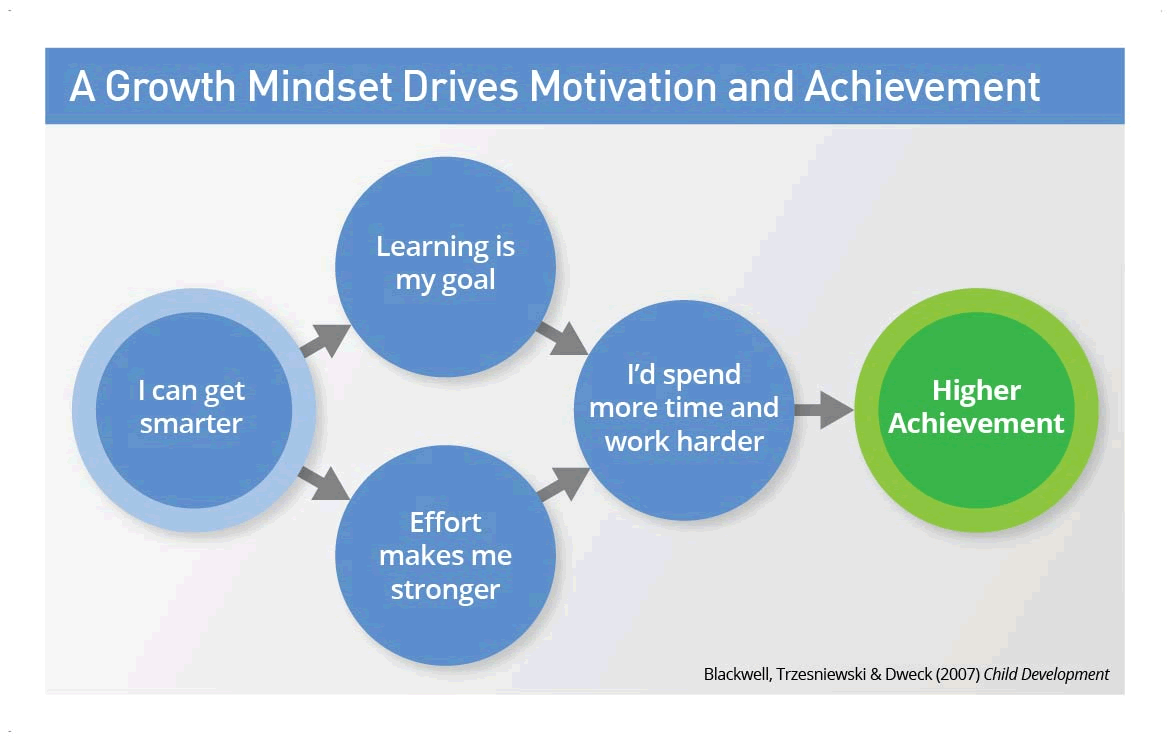
_____________
How understanding the principles of neuroplasticity benefits people
Not too long ago, it was believed that a person’s brain was born with all the neuron connections in place with little space for change. It is wonderful to see this concept evolve, providing us with a better understanding of how the brain works and what it’s capable of.
Michael Rugnetta, wrote for Britannica.com, explaining that neuroplasticity is the “capacity of neurons and neural networks in the brain to change their connections and behaviour in response to new information, sensory stimulation, development, damage, or dysfunction. Although some neural functions appear to be hard-wired in specific, localized regions of the brain, certain neural networks exhibit modularity and carry out specific functions while also retaining the capacity to deviate from their usual functions and to reorganize themselves. Hence, neuroplasticity is considered generally to be a complex, multifaceted, fundamental property of the brain. “
By learning how study, effort and repetition can create and strengthen new synapses, we now have a recipe for successfully developing new skills. Now we know that it is not a matter of having or not a ‘gift’ for a certain thing, but rather a matter of how much effort we put into learning something, and how many times we repeat it until we are confident in what we’ve learned.
Understanding and teaching about neuroplasticity can break stigmas and create a powerful community of life-long learners that know they can learn anything they want, they can develop any skills they want, despite of where they came from, what their history is or their socio-economic status.
If you'd like to learn more about neuroplasticity, watch this video:
How can you engage with the principles of neuroplasticity for your benefit.
After learning that our brains are prepared to learn anything we put effort into learning, we just need to persist if something feels that is too hard. We can get there! The most important thing to remember, is to never give up. The more we repeat, review, study and practice, the better we get in doing that. And it is not different here at Dev Academy. As long as I don't give up, and keep studying and practicing what I learn, I'll become the Web Developer I'm aiming to become.
How can you increase your neuroplasticity?
As you might have understood already, neuroplasticity is all about the brain creating and strengthening new pathways between the neurons, allowing us to learn new things and develop new habits. For that to occur we need challenges. We need something to push us out of our comfort zone. So if you want to increase your neuroplasticity, start embracing difficulty and welcoming challenge as a new best friend.
Another important thing to do is to make sure your brain is as healthy as it can be, so it can properly do all that hard work of building new connections between you neurons. Along with eating healthy food, having proper sleep and exercising your body, studies show that connecting with others and practicing mindfulness also play an important part in promoting new brain connections and strengthening them.
Check more in this article Neuroplasticity: How to Use Your Brain’s Malleability to Improve Your Well-being.
And this 6 Ways to Rewire Your Brain.
Growth Mindset
"Over 30 years ago, Carol Dweck and her colleagues became interested in students' attitudes about failure. They noticed that some students rebounded while other students seemed devastated by even the smallest setbacks. After studying the behavior of thousands of children, Dr. Dweck coined the terms fixed mindset and growth mindset to describe the underlying beliefs people have about learning and intelligence. When students believe they can get smarter, they understand that effort makes them stronger. Therefore they put in extra time and effort, and that leads to higher achievement." MindsetWorks

Dr Dweck also taught about "The Power of Yet", while explaining how adopting the mindset of "not yet" while facing falure, instead of seeing it as a tragedy, can drastically change the outcome of that learning experience. Those who don't give up and understand that a 'failure' is an opportunity to try again, who persist in the task until they get it right, they reach better results then those who get overwhelmed by the innitial setback and feel that it represents who they are, leading them to doubt of their abilities and eventually give up on trying to complete the task.
Studies show that teaching about growth mindset can change the student's perpective towards challenges, aloowing the students to learn from them, increasing their abilities and achivements. So, thanks to the ability our brains have to adapt and change connections, as we've seen in neuroplasticity, we can also learn, and teach, how to change from a fixed to a growth mindset.
Next time you feel you failed to understand something, try to think "I haven't understood yet, but I'll keep trying until I do", and studies show that you more likely to achieve your goal then those who have a fixed mindset.
If you'd like to learn more about the "Power of 'Yet'" and Growth Mindset, check this video:
What to do now with my Learning Plan?
In my Learning Plan I explored some of my strengths and limitations, and they could impact my learning. With a better understanding of how my brain works and it's capability to learn new things, I can feel more confident to achieve my goals, knowing that I can overcome any limitations, as long as I put in the effort to change what needs to be changed.
It's also reassuring to know that even things that at some point might feel impossible to understand, can be learned if I give it enough time and persevere in the process of learning.